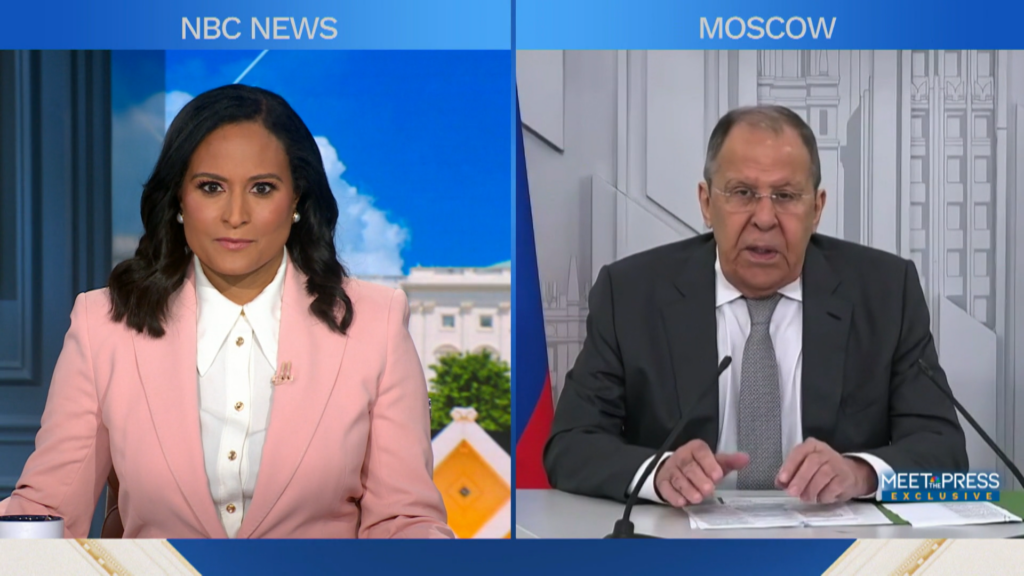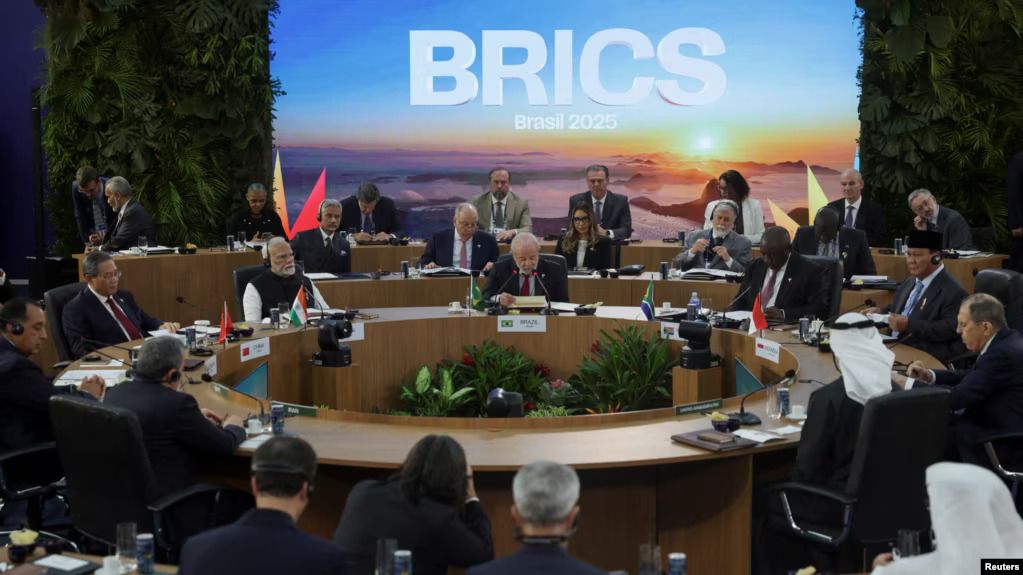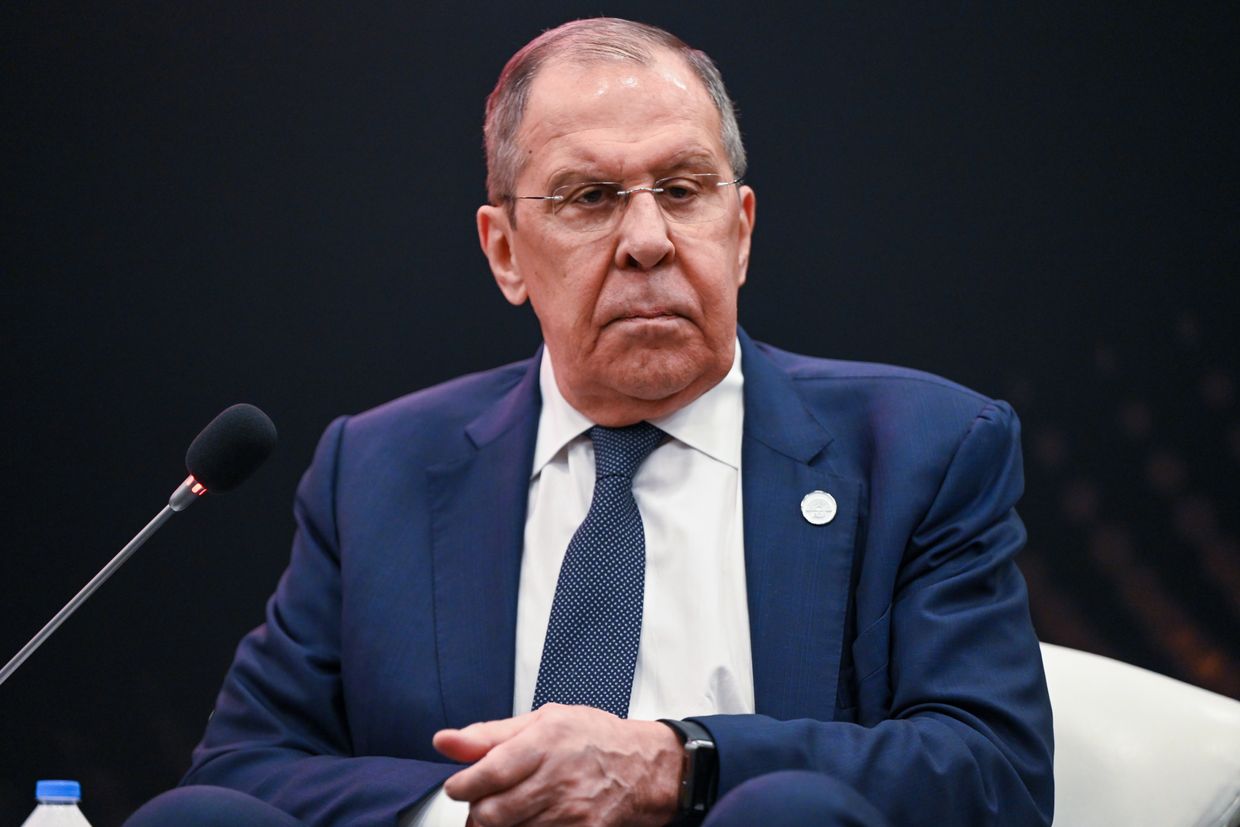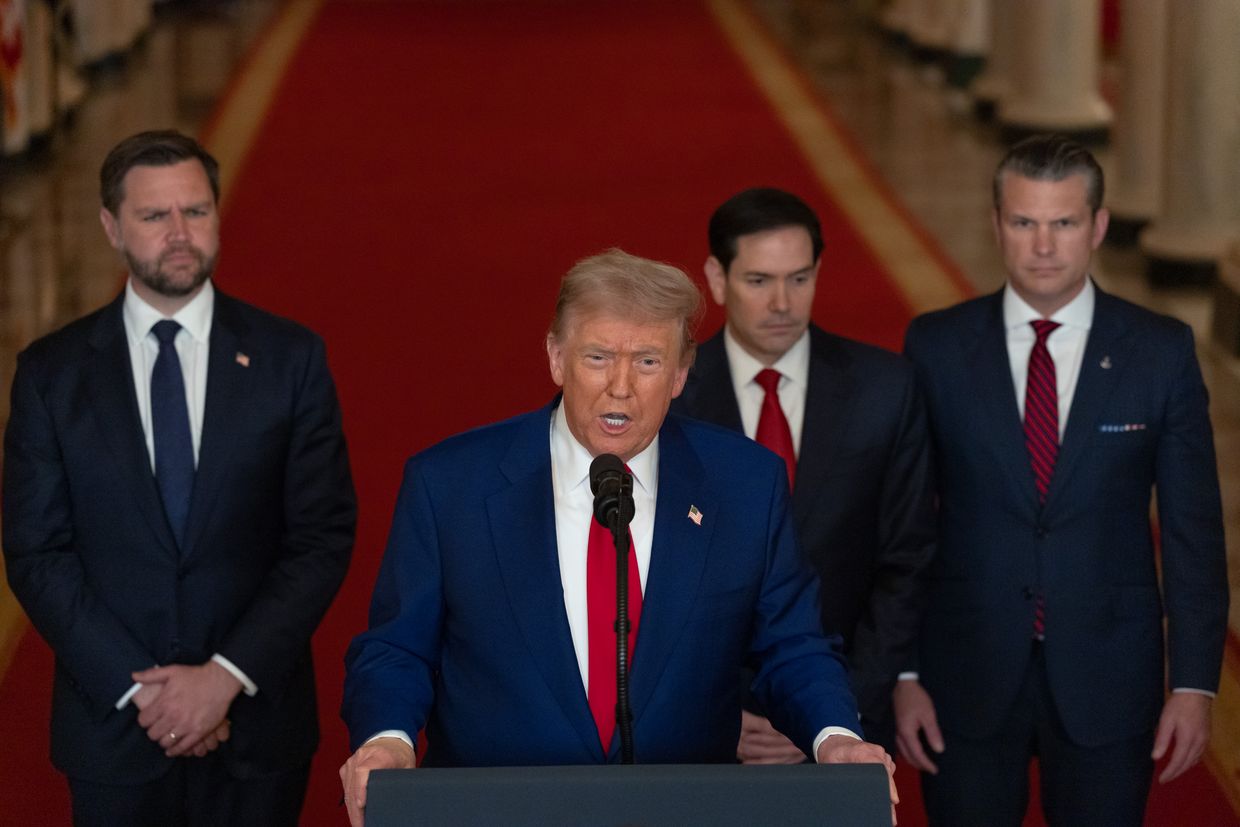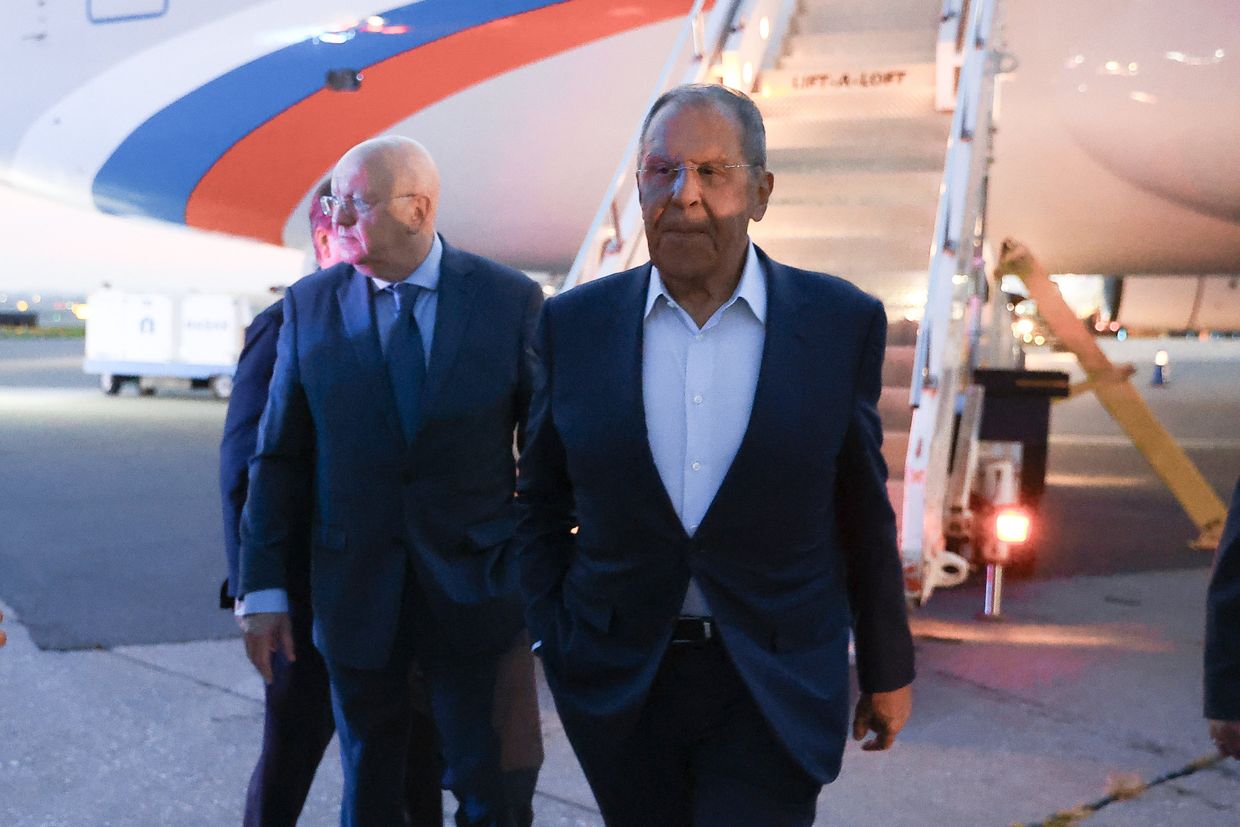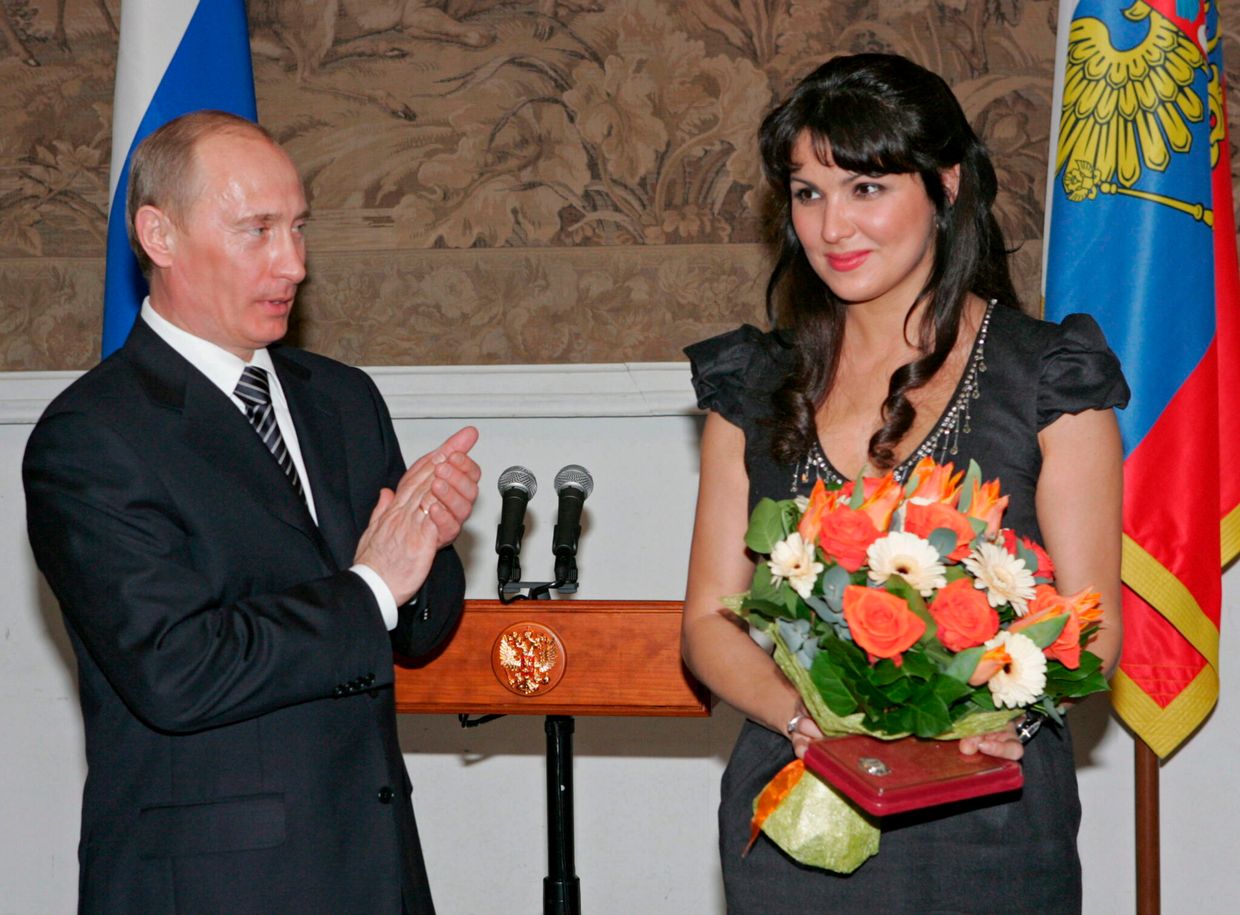“No land swaps will stop us”: Russia dismisses Trump peace plan, ISW reports
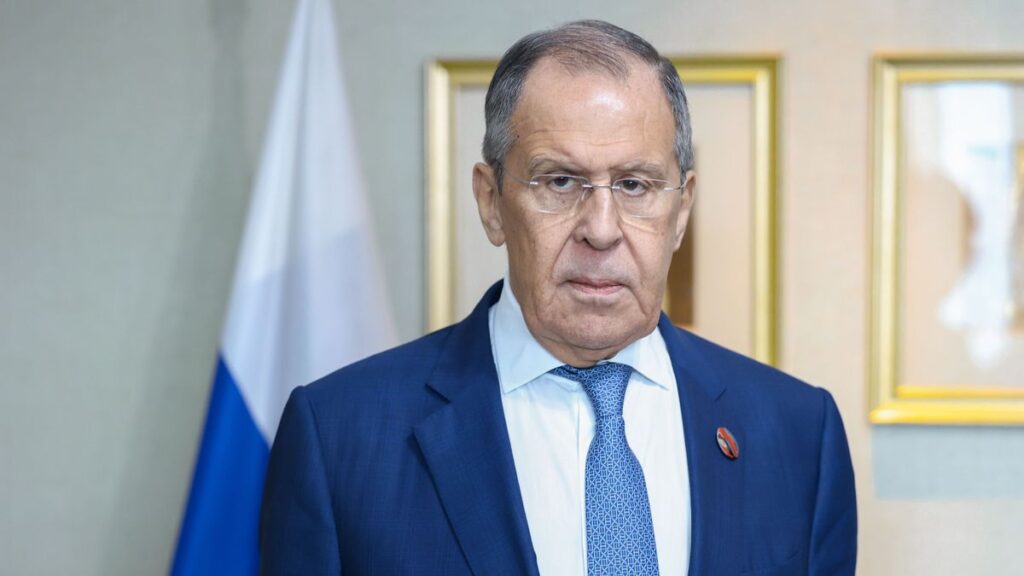
Russian Foreign Minister Sergey Lavrov declared Tuesday that territorial exchanges will not “stop” Russia’s war in Ukraine, directly contradicting recent statements by US President Donald Trump that peace would require “land swaps” between the warring nations, according to the Institute for the Study of War (ISW).
Speaking on 17 September, Lavrov dismissed proposals to restore US-Russian trade as an incentive for peace, stating such attempts to “entice” President Vladimir Putin would not end the war, ISW reports. The foreign minister reiterated Moscow’s position that any settlement must eliminate what the Kremlin calls the “root causes” of the war.
These root causes, as defined by Kremlin officials, include Ukraine’s alleged discrimination against Russian-speakers and NATO expansion, ISW notes. The think tank reports that Moscow has repeatedly used this “root causes” framework to demand the replacement of Ukraine’s current government with a Russian puppet regime, Ukraine’s commitment to neutrality, and the revocation of NATO’s Open Door Policy.
Despite the hardline stance from Lavrov, Kremlin Spokesperson Dmitry Peskov maintained on the same day that Russia remains open to negotiations, claiming Moscow’s “preferred solution” is a political and diplomatic settlement, according to ISW.
The Institute for the Study of War assessed that Russia shows no interest in good-faith negotiations requiring Russian concessions and remains willing to protract the war to achieve its original maximalist war demands through military means rather than diplomacy.

